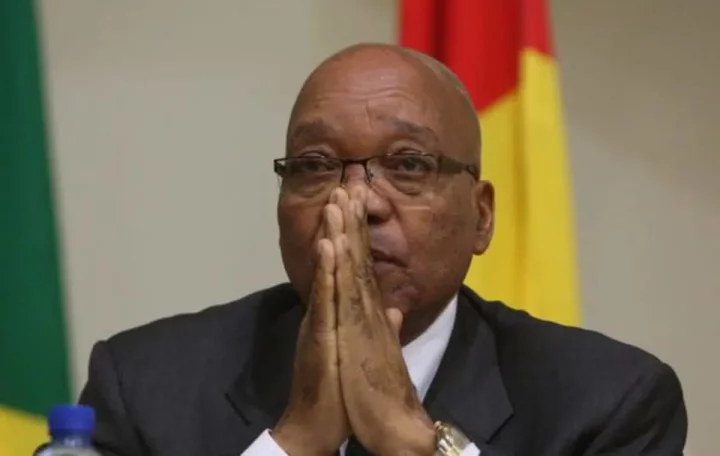
South Africa's top court ruled Monday that graft-tainted former president turned firebrand opposition challenger Jacob Zuma is ineligible to stand for parliament in next week's general election.
The decision will outrage Zuma's supporters and stoke fears of violent unrest in the run up to the May 29 poll, already the most competitive since the advent of post-apartheid democracy in 1994.
The top court threw out Zuma's complaint against an electoral commission decision that a previous conviction for contempt prevents him from becoming an MP, ruling that the constitution bars anyone sentenced to more than 12 months in jail.
Not eligible
Zuma, who left office in 2018 dogged by corruption allegations, was convicted of contempt of court during a case in 2021 and sentenced to 15 months. He eventually served less than three months in jail, but the court ruled this remission irrelevant.
"This court concludes that Mr Zuma was convicted of an offence and sentenced to more than 12 months imprisonment... and is accordingly not eligible to be a member of and not qualified to stand for election to the national assembly," Justice Leona Theron said, reading the judgment.
After a South African general election, the president is chosen by MPs from among their own ranks, so if Zuma is not on the ballot he could not become president, even if his newly-formed party is able to muster enough seats to propose him.
Supporters gathered in the streets around the court, some of them in the military fatigues often worn by members of his uMkhonto we Sizwe (MK) party, are determined to win enough seats - two thirds of the National Assembly - to change the constitution.
We are resolute
But opinion polls suggest the party will not poll well outside of Zuma's native province KwaZulu-Natal.
The former president drew a huge 30,000-strong crowd to a stadium in Soweto, just outside Johannesburg, on Saturday, but spoke only in Zulu to his core support base.
"We are very disappointed. There is an agenda, of course, to delay the liberation of black people in this country," MK party member Lindiwe Mtshali, 39, told AFP outside the court.
Mtshali, wearing a black MK Women's League T-shirt, said the decision on Zuma's candidacy was expected, but she added that the remaining MK candidates would still perform well on May 29, with their champion's name and face still on ballot papers that have already been printed.
"We are resolute," she vowed.
Since leaving office, Zuma has since fought several legal battles.
He founded the MK party to challenge his successor Cyril Ramaphosa's African National Congress (ANC) in next week's election, the first since 1994 that may see the incumbent fall short of an absolute majority.
The ANC has won every South African election since the country became a democracy in 1994, and Zuma served as the party's fourth president between 2009 and 2018, an era that for many South Africans has become synonymous with official corruption.
Outside the court, Neeshan Balton, the 62-year-old executive director of the Ahmed Kathrada Foundation, which had joined the case to provide legal advice as amicus curiae, welcomed the ruling.
"It reaffirms that if you want to be a candidate, you must pledge as a candidate that you will uphold the constitution. The former president clearly was not going to uphold the constitution, and we are happy that he's disqualified," he said.
If Zuma's outsider campaign cuts into the ANC's traditional support base, Ramaphosa may be forced to negotiate a coalition with one or more of the many small opposition parties to ensure he is re-elected to the presidency.
The decision to strike Zuma from the ballot may also trigger a deadly wave of unrest. Rioting after his 2021 imprisonment left more than 350 people dead.
South Africa's respected Independent Electoral Commission says ballot papers have already been printed with Zuma's image on them, but he would be unable to sit as an MP if ineligible.
Crime and unemployment
The ANC was the leading political force in the struggle of black South Africans against the former apartheid regime.
But late liberation leader Nelson Mandela's party has struggled in the polls in the run up to this year's vote, dogged by corruption allegations and soaring crime and unemployment rates.
Just under a third of the working age population is unemployed and the murder rate has reached 84 a day.
But the ANC still has a formidable nationwide electoral machine and has overseen the creation of a broad social welfare system. Many older South Africans remain loyal to its historic role.

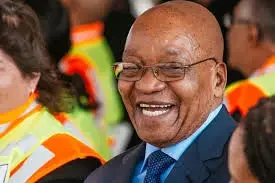
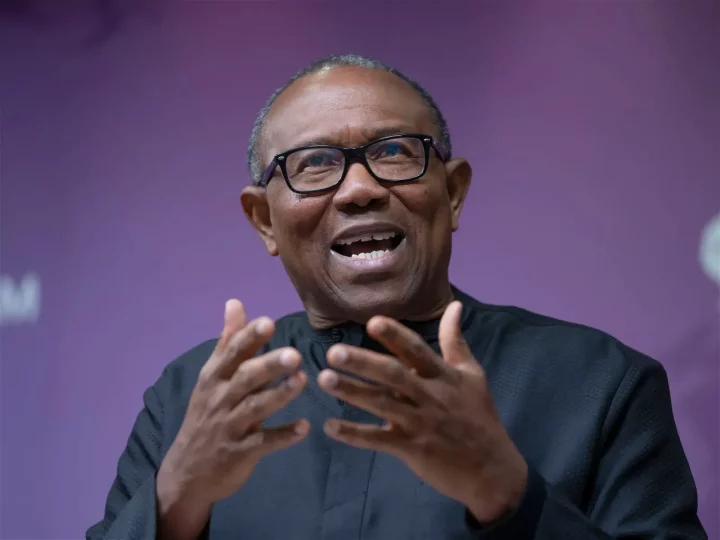
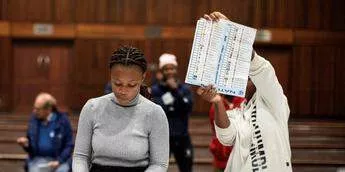
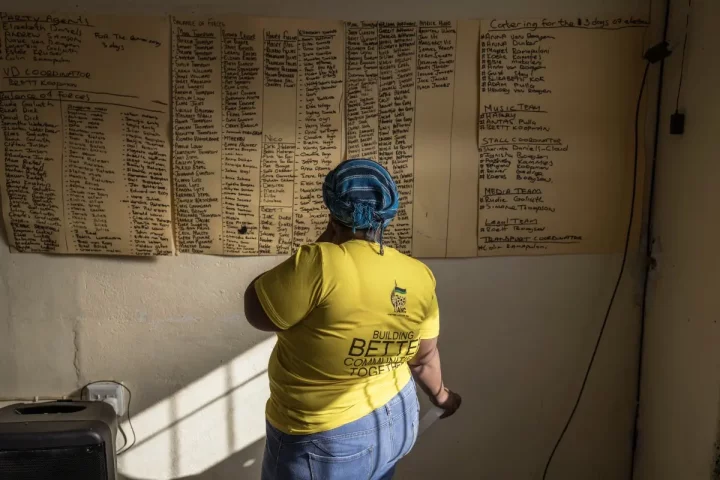








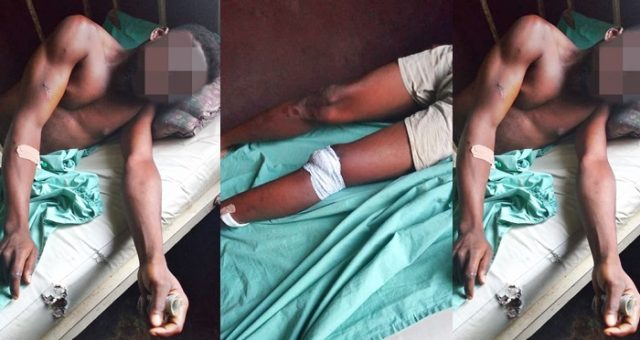
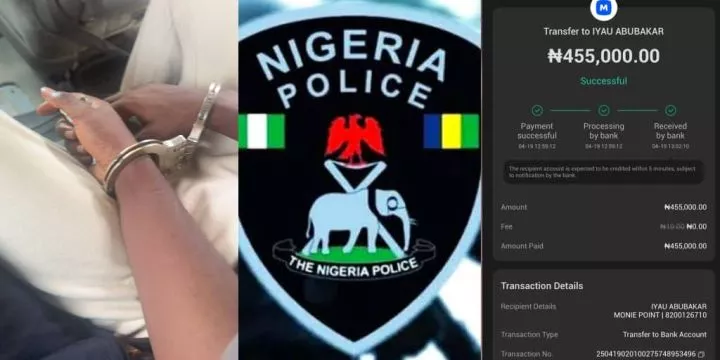


Comments